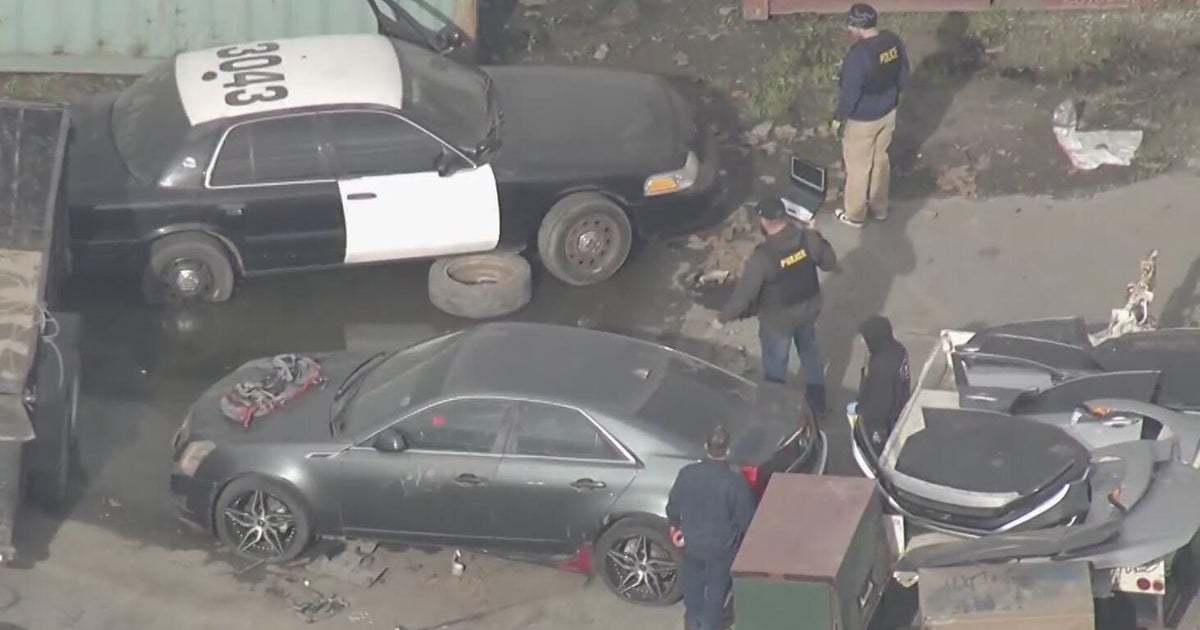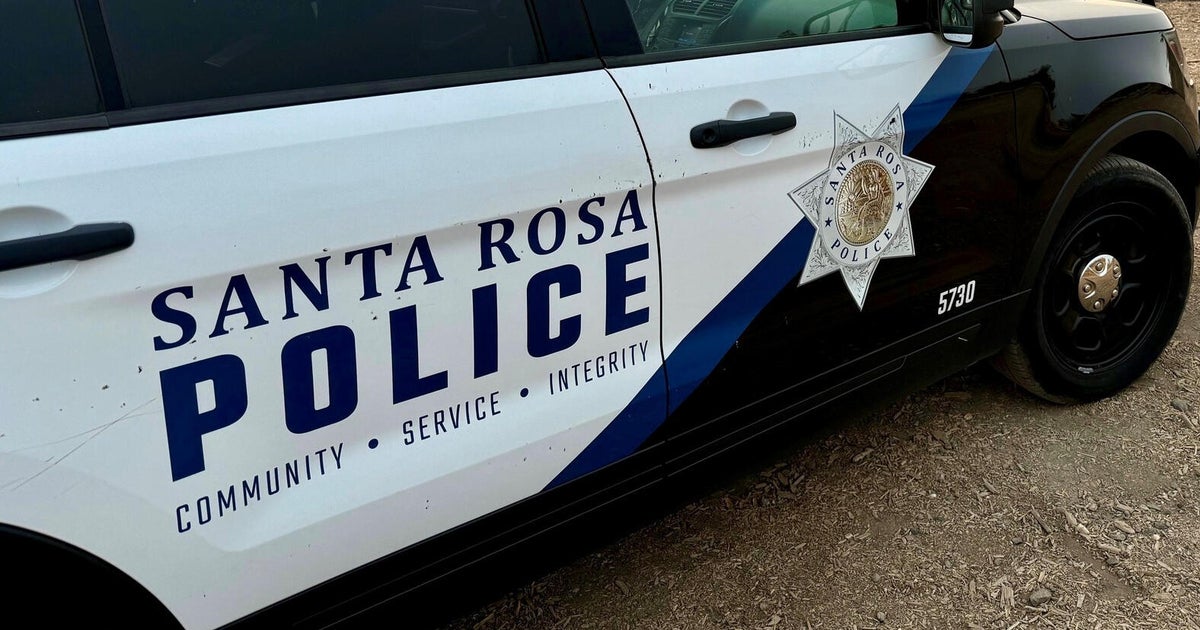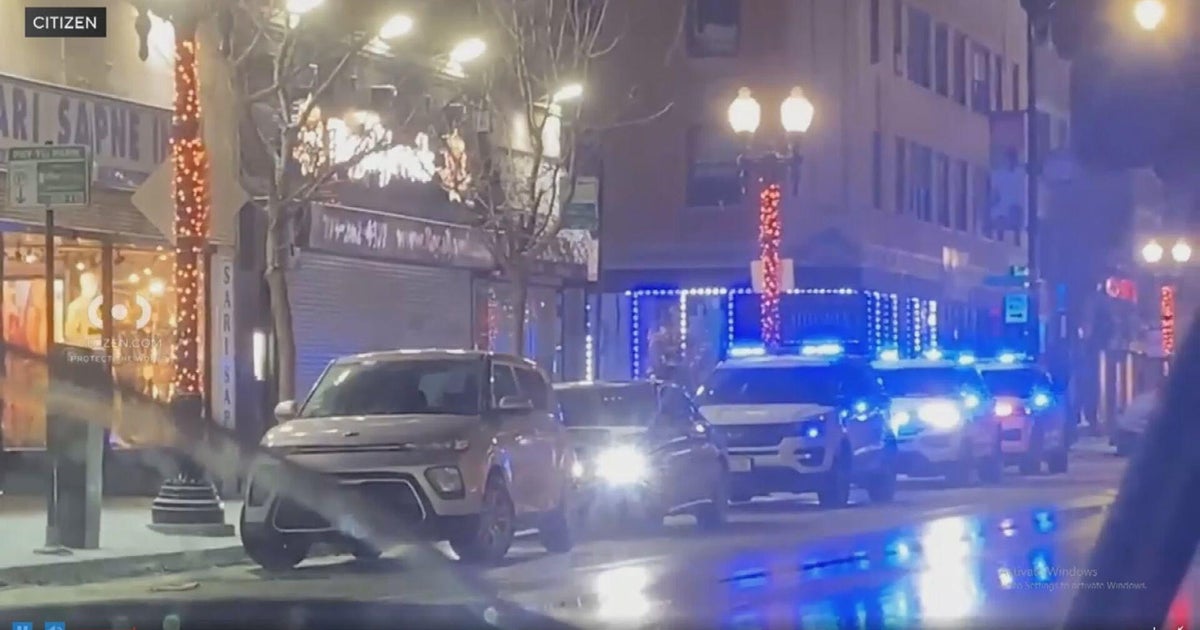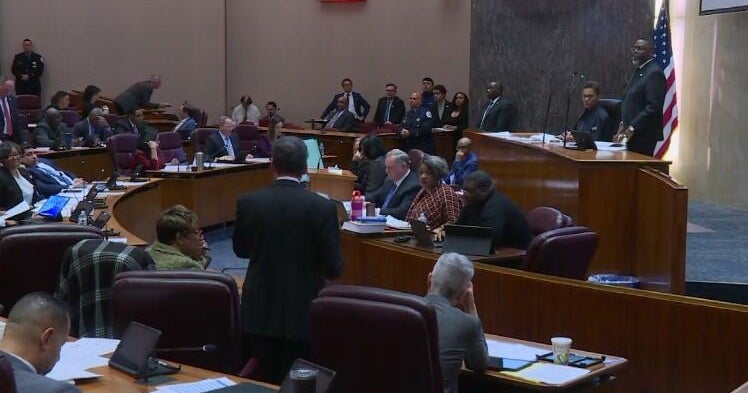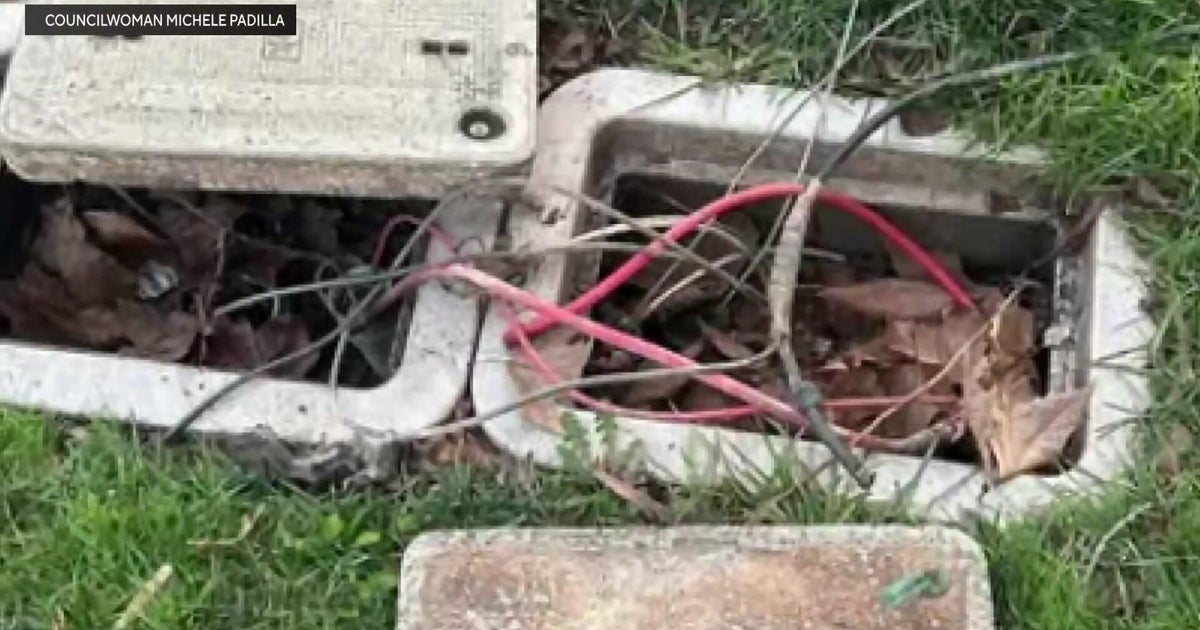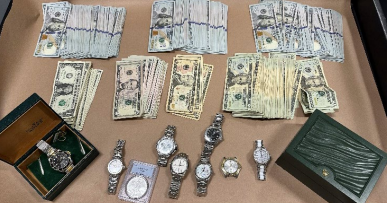Proposal from San Francisco leaders targets vendors selling stolen goods
Elected officials and community organizations gathered on the steps of San Francisco City Hall on Monday to announce a new bill that aims to stop the sale of stolen goods, also known as fencing.
State Sen. Scott Wiener, who represents San Francisco, said Senate Bill 925 would allow the police to issue citations to street vendors selling commonly stolen goods without a permit.
"Fencing of stolen goods on our streets is a major issue in parts of San Francisco, particularly in the Mission (District) and the Tenderloin," Wiener said. "I want to be clear that SB 925 does not apply in any way to prepared foods nor does it apply to people selling goods with a permit. It only applies to people who do not have a permit and who are selling items that are commonly stolen."
Mayor London Breed said a lot of work and meetings with policymakers went into developing the new legislation. She noted that many businesses have been forced to close due to the thefts, including pharmacies that provide critical access to medications.
"I am grateful to be here with a strong coalition of people who want to ensure that we protect and support our vendors while also dealing with the illegal fencing that has really destroyed the fabric of what many people have been doing for many, many decades," Breed said.
Speaking in Spanish with a translator, Rodrigo Lopez, president of the Mission Street Vendors Association—an organization representing more than a hundred street vendors—called street vendors a part of the city's history.
"Our presence contributes to the culture and vitality of our neighborhoods," he said. "The reality is that not selling Mission Street has affected us a lot. We do have families, and we do have small businesses to continue."
In November 2023, concerns about fencing led to a 90-day ban on Mission Street for all street vending. In February, the city announced in a press release that it would extend that moratorium by another six months. A press release from the mayor's office Tuesday explained that the moratorium led to a 30% decrease in assaults and robberies and a 23% decrease in service requests for street cleaning.
"However, the city intends to bring back the permitted street along Mission Street and is currently working on a phased pilot project to allow a limited number of permitted street vendors to return to a stretch of Mission Street while the city continues to assess how the area can remain safe and clean," the release continued.
Kate Robinson, executive director of nonprofit Tenderloin Community Benefit District, said the Tenderloin is a beautifully diverse, multilingual neighborhood of color that deserves the same level of peaceable enjoyment and economic vitality as enjoyed by other neighborhoods in the city.
"In order to get there, we must address the on-street selling of both drugs and stolen goods," Robinson said. "The drug and fencing markets are true barriers for the success of our small business community. They have real negative impacts on the lives of Tenderloin residents, including poor health outcomes resulting from the persistently stressful environment."
